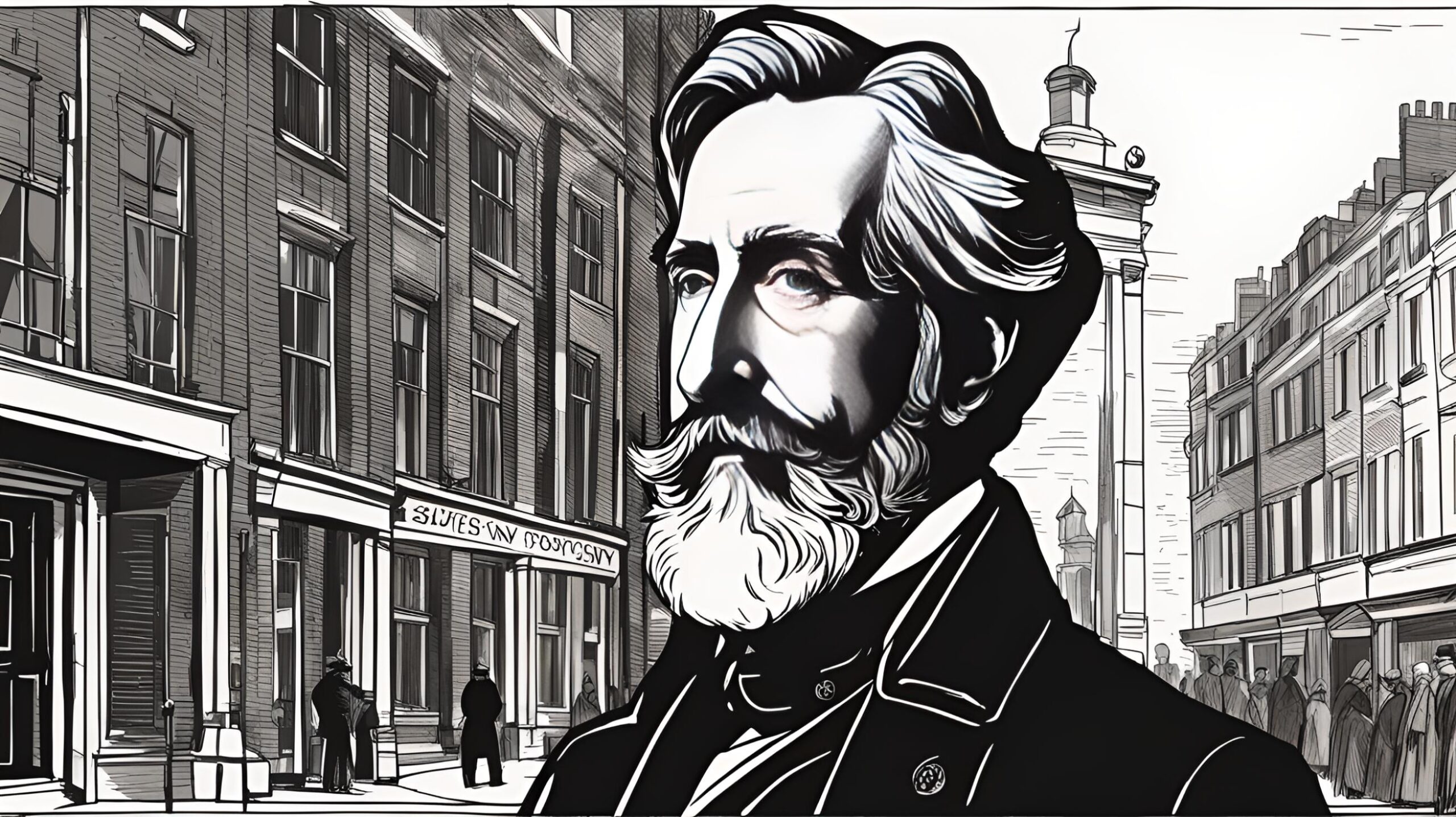Flashback to July 5
American History

On July 5, 1951, a groundbreaking invention took place in the world of electronics that would forever change the way we communicate and use technology. William Shockley, along with his team at Bell Labs, invented the junction transistor, a device that paved the way for the modern electronics industry.
The invention of the junction transistor marked a major milestone in the development of electronics. Before its invention, electronic devices relied on bulky and inefficient vacuum tubes, which limited the potential for advancements in technology. The junction transistor, on the other hand, was small, reliable, and highly efficient, making it the perfect replacement for vacuum tubes.
The junction transistor consists of three layers of semiconductor material, typically made of germanium or silicon. By carefully controlling the properties of these layers, Shockley and his team were able to create a device that could amplify and switch electronic signals with high precision. This breakthrough opened up a world of possibilities for the design and functionality of electronic devices.
One of the most significant advantages of the junction transistor was its small size. Unlike vacuum tubes, which were bulky and delicate, transistors could be manufactured in miniature form. This allowed for the development of smaller and more portable electronic devices, such as radios, televisions, and eventually, computers.
The invention of the junction transistor also led to advancements in telecommunications. The transistor’s ability to amplify and switch electronic signals made it ideal for use in telephone systems. With the deployment of transistors in telephone networks, communication became more reliable and efficient, revolutionizing the way people connected with one another.
Furthermore, the junction transistor played a crucial role in the development of the modern computer. As transistors became smaller and more powerful, they enabled the creation of integrated circuits. These circuits, made up of hundreds or thousands of transistors on a single chip, formed the basis for the microprocessors that power our computers today.
The impact of the junction transistor on society cannot be overstated. It laid the foundation for the digital revolution by providing the backbone of modern electronics. From smartphones to medical devices to space exploration, transistors are used in almost every aspect of our lives.
In recognition of their groundbreaking achievement, William Shockley and his fellow inventors, John Bardeen and Walter Brattain, were awarded the Nobel Prize in Physics in 1956. The junction transistor revolutionized not only electronics but also the way we live and interact with the world. Its invention marked a turning point in human history and laid the groundwork for the technological advancements that continue to shape our future.
the invention of the junction transistor by William Shockley on July 5, 1951, was a milestone in the world of electronics. This small, reliable, and highly efficient device replaced bulky and inefficient vacuum tubes, paving the way for advancements in technology. The junction transistor’s impact on telecommunications, computing, and everyday life cannot be overstated. Its invention marked the beginning of the digital revolution and set the stage for the remarkable technological progress we have witnessed over the past several decades.
We strive for accuracy. If you see something that doesn't look right, click here to contact us!
Sponsored Content

William Booth founded Salvation…
"On July 5, 1865,…

Engagement at Carthage, Missouri.
The Engagement at Carthage,…

C Jackson discovers asteroids…
On July 5, 1937,…

Committee of 9 appointed…
On July 5, 1843,…

William Shockley invents the…
On July 5, 1951,…

President Franklin Roosevelt signs…
On July 5, 1935,…

